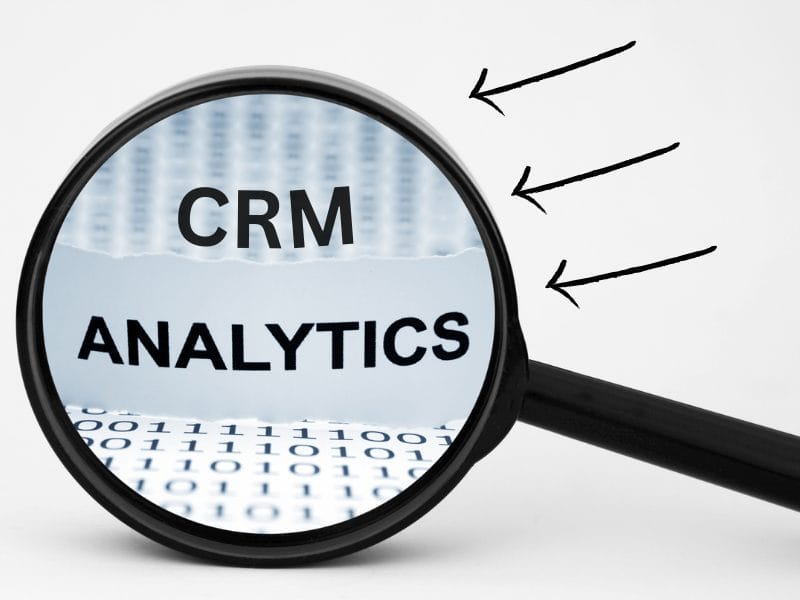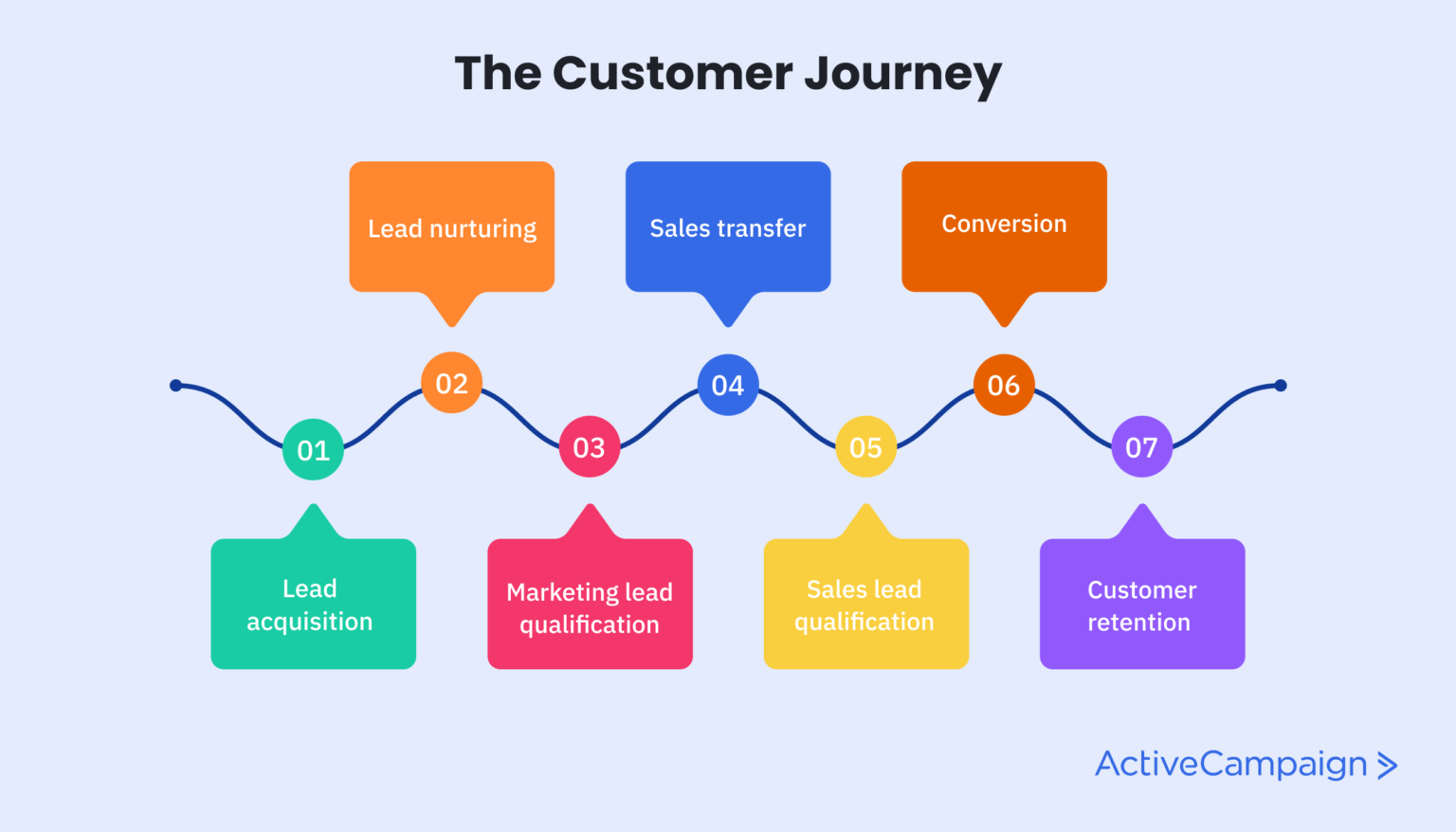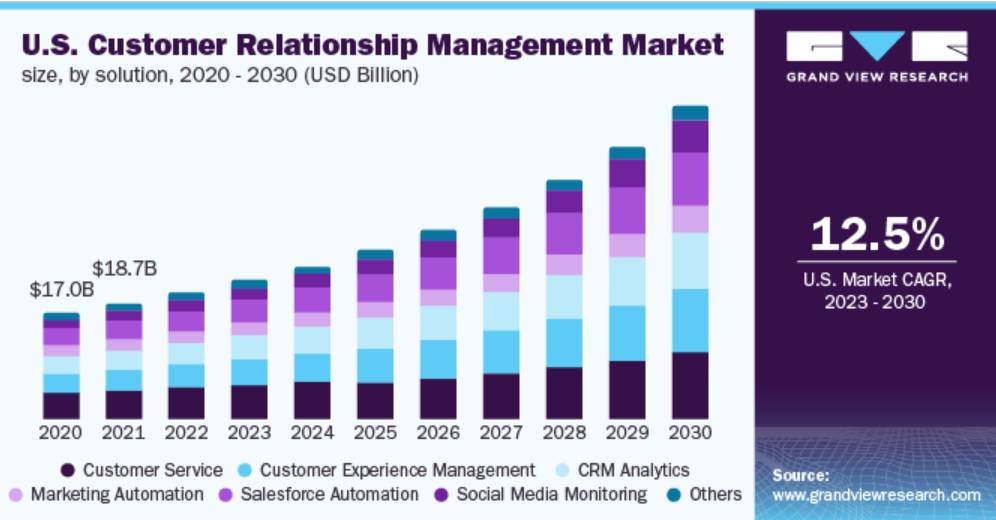Decoding CRM Marketing Metrics: Your Comprehensive Guide to Success

Decoding CRM Marketing Metrics: Your Comprehensive Guide to Success
In the ever-evolving landscape of digital marketing, businesses are constantly seeking ways to optimize their strategies and achieve sustainable growth. At the heart of this endeavor lies Customer Relationship Management (CRM) – a powerful tool that enables organizations to manage interactions with current and potential customers. But CRM is more than just software; it’s a philosophy, a way of doing business that puts the customer at the center of every decision. To truly harness the power of CRM, you need to understand the metrics that matter. This comprehensive guide dives deep into the world of CRM marketing metrics, providing you with the knowledge and insights needed to measure, analyze, and ultimately, succeed.
What are CRM Marketing Metrics?
CRM marketing metrics are the quantifiable measurements that track the performance of your CRM initiatives. They provide a clear picture of how your marketing efforts are impacting customer relationships, sales, and overall business objectives. Think of them as the compass guiding your marketing ship, helping you navigate the complex waters of customer engagement and conversion. Without these metrics, you’re essentially flying blind, making decisions based on gut feelings rather than data-driven insights.
These metrics span a wide range of areas, from lead generation and customer acquisition to customer retention and lifetime value. By carefully monitoring these metrics, you can identify strengths and weaknesses in your CRM strategy, allowing you to make informed adjustments and optimize your approach for maximum impact. The goal is not just to collect data, but to translate that data into actionable strategies that drive results.
Why are CRM Marketing Metrics Important?
The importance of CRM marketing metrics cannot be overstated. They provide a foundation for data-driven decision-making, enabling you to:
- Measure Marketing ROI: Determine the effectiveness of your marketing campaigns and allocate resources accordingly.
- Improve Customer Experience: Understand customer behavior and preferences to personalize interactions and create more meaningful experiences.
- Increase Sales and Revenue: Identify opportunities to upsell, cross-sell, and nurture leads through the sales funnel.
- Enhance Customer Retention: Identify at-risk customers and proactively address their needs to reduce churn.
- Optimize Marketing Strategies: Gain insights into what’s working and what’s not, allowing you to refine your strategies for better results.
- Track Progress Towards Goals: Monitor key performance indicators (KPIs) to ensure you’re on track to achieve your business objectives.
In essence, CRM marketing metrics provide a clear understanding of your customers, your marketing efforts, and the overall health of your business. They empower you to make informed decisions, improve your customer relationships, and drive sustainable growth.
Key CRM Marketing Metrics to Track
The specific CRM marketing metrics you choose to track will depend on your business goals and objectives. However, some metrics are universally important and provide a solid foundation for any CRM strategy. Here are some of the most critical metrics to consider:
1. Customer Acquisition Metrics
These metrics focus on the process of acquiring new customers. They help you understand the cost and efficiency of your lead generation and conversion efforts.
- Cost Per Lead (CPL): The average cost of acquiring a qualified lead. This metric helps you evaluate the efficiency of your lead generation channels.
- Conversion Rate: The percentage of leads that convert into paying customers. This metric measures the effectiveness of your sales and marketing efforts.
- Customer Acquisition Cost (CAC): The total cost of acquiring a new customer, including marketing and sales expenses. This metric is crucial for understanding the profitability of your customer acquisition efforts.
- Lead-to-Opportunity Rate: The percentage of leads that become qualified opportunities for your sales team. This metric indicates the quality of your leads and the effectiveness of your lead qualification process.
2. Customer Engagement Metrics
These metrics measure how customers interact with your brand and products. They provide insights into customer satisfaction, loyalty, and overall engagement.
- Customer Satisfaction Score (CSAT): A measure of customer satisfaction with your products, services, or support. This is usually gathered through surveys.
- Net Promoter Score (NPS): A measure of customer loyalty and willingness to recommend your brand to others.
- Website Engagement Metrics: (e.g., time on site, bounce rate, pages per session) These metrics provide insights into how customers interact with your website, indicating their interest and engagement with your content.
- Social Media Engagement: (e.g., likes, shares, comments) Tracking engagement on social media platforms helps you understand how your audience interacts with your brand and content.
- Email Open and Click-Through Rates: Measures the effectiveness of your email marketing campaigns.
3. Sales Performance Metrics
These metrics track the performance of your sales team and the overall sales process. They provide insights into sales efficiency, revenue generation, and deal closure rates.
- Sales Revenue: The total revenue generated from sales.
- Average Deal Size: The average value of each closed deal.
- Sales Cycle Length: The average time it takes to close a deal.
- Win Rate: The percentage of opportunities that result in closed deals.
- Sales Qualified Leads (SQL) to Opportunity Rate: The percentage of sales qualified leads that convert into sales opportunities.
4. Customer Retention Metrics
These metrics focus on retaining existing customers and reducing churn. They are critical for building long-term customer relationships and driving sustainable growth.
- Customer Retention Rate: The percentage of customers who remain customers over a specific period.
- Customer Churn Rate: The percentage of customers who stop doing business with you over a specific period.
- Customer Lifetime Value (CLTV): The predicted revenue a customer will generate over their entire relationship with your business.
- Repeat Purchase Rate: The percentage of customers who make repeat purchases.
5. Marketing Campaign Performance Metrics
These metrics track the performance of your marketing campaigns and help you understand which channels and tactics are most effective.
- Return on Investment (ROI): The profitability of your marketing campaigns.
- Cost Per Conversion: The cost of acquiring a customer through a specific marketing campaign.
- Click-Through Rate (CTR): The percentage of people who click on your ads or links.
- Conversion Rate by Channel: The percentage of leads or customers generated by each marketing channel.
How to Effectively Track and Analyze CRM Marketing Metrics
Tracking and analyzing CRM marketing metrics is an ongoing process that requires a strategic approach. Here’s a step-by-step guide to help you get started:
- Define Your Goals and Objectives: Before you start tracking any metrics, clearly define your business goals and objectives. What are you trying to achieve with your CRM strategy? What are the key performance indicators (KPIs) that will help you measure success?
- Choose the Right Metrics: Select the CRM marketing metrics that align with your goals and objectives. Focus on metrics that provide actionable insights and help you make informed decisions. Don’t try to track everything at once; start with a few key metrics and expand as needed.
- Implement a CRM System: A robust CRM system is essential for tracking and managing your customer data. Choose a system that integrates with your other marketing and sales tools and provides reporting and analytics capabilities.
- Collect Data: Set up processes to collect data from various sources, including your CRM system, website analytics, email marketing platform, and social media channels. Ensure that your data is accurate, consistent, and reliable.
- Analyze Data: Regularly analyze your CRM marketing metrics to identify trends, patterns, and insights. Use data visualization tools to create dashboards and reports that provide a clear overview of your performance.
- Make Data-Driven Decisions: Use the insights gained from your data analysis to make informed decisions about your marketing strategies, sales processes, and customer interactions. Experiment with different approaches and measure the results.
- Optimize and Iterate: Continuously optimize your CRM strategy based on your data analysis. Refine your targeting, messaging, and campaigns to improve performance. Regularly review your metrics and make adjustments as needed.
Tools and Technologies for Tracking CRM Marketing Metrics
Several tools and technologies can help you track and analyze your CRM marketing metrics. Here are some of the most popular and effective options:
- CRM Software: The core of your CRM infrastructure, offering built-in analytics and reporting capabilities. Popular options include Salesforce, HubSpot CRM, Zoho CRM, and Microsoft Dynamics 365.
- Marketing Automation Platforms: Tools like Marketo, Pardot, and ActiveCampaign provide advanced analytics and reporting on marketing campaign performance, lead generation, and customer behavior.
- Website Analytics Tools: Google Analytics is an essential tool for tracking website traffic, user behavior, and conversion rates.
- Email Marketing Platforms: Platforms like Mailchimp, Constant Contact, and Sendinblue provide detailed analytics on email open rates, click-through rates, and conversions.
- Social Media Analytics Tools: Tools like Hootsuite, Sprout Social, and Buffer provide insights into social media engagement, reach, and audience demographics.
- Data Visualization Tools: Tools like Tableau, Power BI, and Google Data Studio allow you to create interactive dashboards and reports to visualize your data and gain actionable insights.
Best Practices for Using CRM Marketing Metrics
To get the most out of your CRM marketing metrics, follow these best practices:
- Focus on Actionable Metrics: Prioritize metrics that provide insights you can use to improve your marketing efforts and achieve your business goals. Avoid tracking metrics that don’t provide value.
- Set Realistic Benchmarks: Establish benchmarks based on your industry, business size, and specific goals. This will help you measure your progress and identify areas for improvement.
- Track Metrics Consistently: Regularly track your metrics to identify trends and patterns over time. Consistency is key to gaining valuable insights.
- Segment Your Data: Analyze your data by different segments, such as customer demographics, buying behavior, and marketing channel. This will help you identify opportunities to personalize your marketing efforts and improve your results.
- Automate Your Reporting: Automate your reporting process to save time and ensure that you have the data you need when you need it.
- Share Your Insights: Share your insights with your team and stakeholders to ensure that everyone is aligned on your goals and objectives.
- Continuously Improve: CRM marketing is an iterative process. Continuously analyze your data, make adjustments to your strategies, and measure the results.
Challenges and Solutions in Tracking CRM Marketing Metrics
While CRM marketing metrics offer immense value, there are also challenges to overcome. Here’s a look at some common challenges and solutions:
- Data Silos: Data scattered across different systems can make it difficult to get a complete view of your customer. Solution: Integrate your CRM system with other marketing and sales tools to create a unified view of your customer data.
- Data Accuracy: Inaccurate data can lead to misleading insights and poor decisions. Solution: Implement data validation processes and regularly clean your data to ensure its accuracy.
- Lack of Resources: Some businesses may lack the resources to track and analyze CRM marketing metrics effectively. Solution: Start with a few key metrics and gradually expand as your resources allow. Consider outsourcing some of your data analysis tasks.
- Choosing the Right Metrics: Selecting the right metrics can be overwhelming. Solution: Focus on metrics that align with your business goals and objectives. Don’t try to track everything at once.
- Data Overload: Too much data can be overwhelming and make it difficult to identify the most important insights. Solution: Focus on a few key metrics and use data visualization tools to create clear and concise reports.
The Future of CRM Marketing Metrics
The future of CRM marketing metrics is bright, with ongoing advancements in technology and data analytics. Here are some trends to watch:
- Artificial Intelligence (AI): AI is transforming CRM marketing by automating tasks, personalizing customer experiences, and providing deeper insights into customer behavior.
- Machine Learning (ML): ML algorithms are being used to predict customer behavior, identify opportunities for upsells and cross-sells, and optimize marketing campaigns.
- Predictive Analytics: Predictive analytics is helping businesses forecast future trends and make data-driven decisions.
- Personalization: CRM marketing is becoming increasingly personalized, with businesses using data to tailor their messaging and offers to individual customers.
- Focus on Customer Lifetime Value (CLTV): CLTV is becoming an increasingly important metric, as businesses focus on building long-term customer relationships and driving sustainable growth.
As these trends continue to evolve, CRM marketing metrics will become even more sophisticated and powerful, enabling businesses to build stronger customer relationships and achieve greater success.
Conclusion
CRM marketing metrics are essential for any business looking to optimize its marketing efforts, improve customer relationships, and drive sustainable growth. By understanding the key metrics, tracking them effectively, and making data-driven decisions, you can unlock the full potential of your CRM strategy. Embrace the power of data, and you’ll be well on your way to achieving your business goals. Remember, the journey to CRM success is an ongoing process of learning, adapting, and optimizing. Stay informed, stay focused, and keep your customers at the heart of everything you do.




